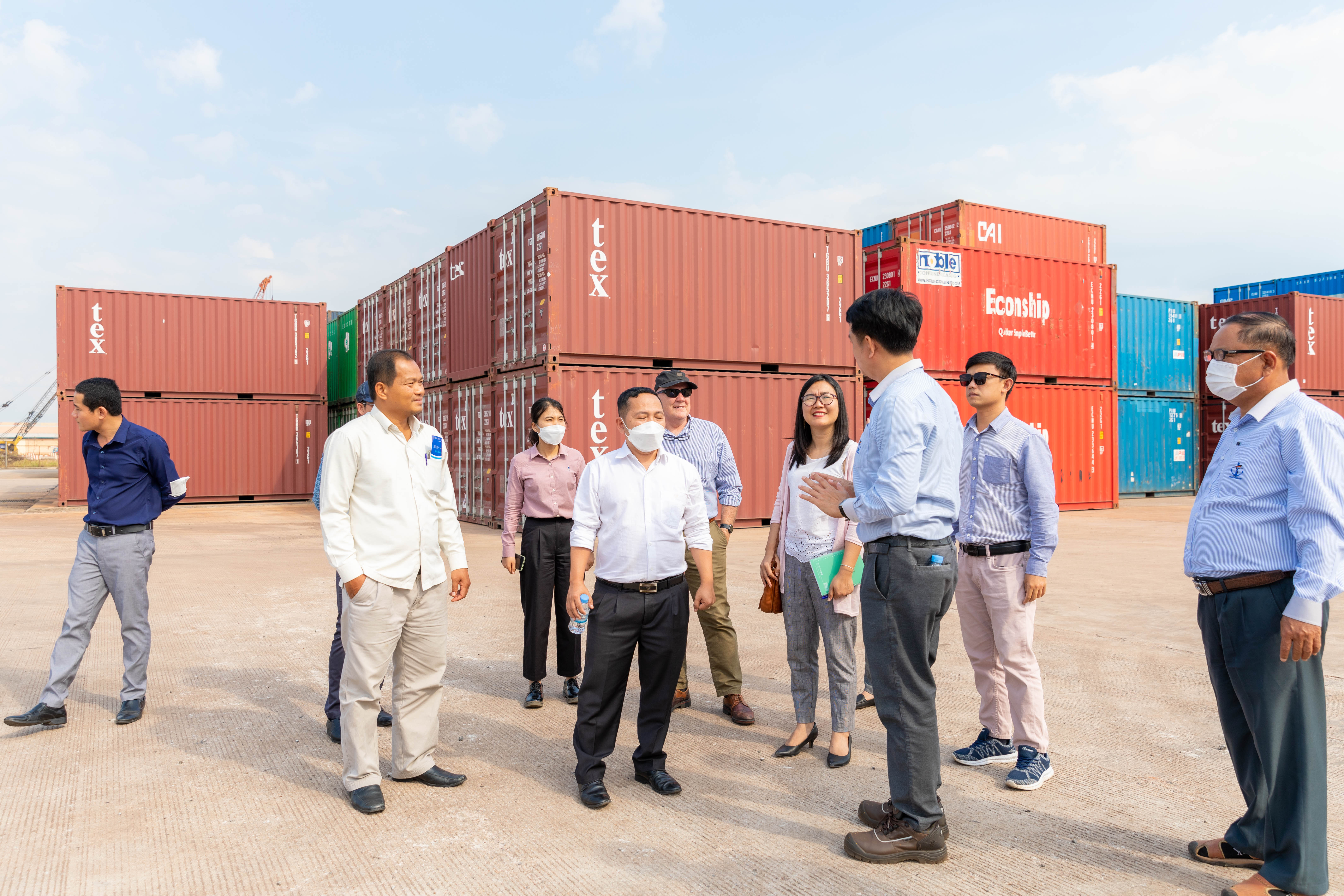
By Manuth Buth
What are the challenges in attracting Cambodian businesses into agro-processing? That was the focus of a recent CAPRED study tour to Sihanoukville and Koh Kong.
As it turns out, transport and logistics are two of the biggest culprits.
However, Cambodia’s first Agri-food Industrial Park (AIP) plans to turn obstacles into opportunities. CAPRED is working with the Royal Government of Cambodia (RGC) to establish an inclusive and resilient ecosystem for the AIP.
The Agri-food Industrial Park (AIP) is the first special economic zone for agro-processing in Cambodia. It will bring together a cluster of agro-processors in a large space to share common resources such as processing, packing houses, research and development, childcare, and a training centre.
By sharing resources, logistics and knowledge, they can achieve stronger and sustainable productivity, long-term economic growth, job creation, gender equality and inclusion and new export opportunities.
According to the feasibility study, the AIP has the potential to contribute an additional USD5.1 billion to the Cambodian economy by 2045 and employ over 100,000 people every year.
Wow. That's an amazing outcome. So, where do we start?
We’ve already started. Planning for Cambodia’s first AIP began two years ago and has the support of top Cambodian government ministries. Now we are supporting the setup of the governance structures and assessing solutions to make the AIP a reality.
Last week, the CAPRED Agro-Processing team, together with members of the Supreme National Economic Council (SNEC), visited ports in Sihanoukville and Koh Kong to develop a better understanding of ports, supply chains, and logistics management.
They met with port operators to understand their challenges and discussed opportunities, including those related to gender and inclusion, on linking transport and logistics for a functional and productive AIP.
Read more about CAPRED's agro-processing approaches

